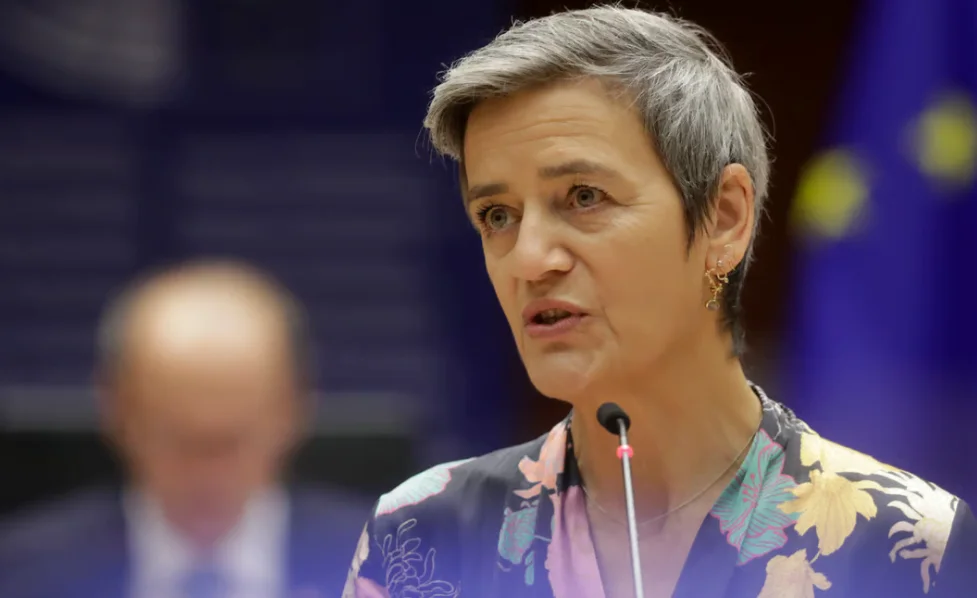The executive vice president of the European Commission for competition Margrethe Vestager stressed the need to anticipate and plan for changes in technological advancements and healthy competition in the metaverse.

At the Keystone Conference, Vestager discussed competition policy and emphasized how the transformation to a digital economy has created opportunities and risks for the general public. She continues, “I think laws don’t keep up with technology changes,”
“We have certainly not been too quick to act – and this can be an important lesson for us in the future.”
Vestager emphasized the significance of anticipating and preparing for such changes, even though the enforcement and legislative processes will continue to lag behind technological advancements. She remarked:
“For example, it is already time for us to start asking what healthy competition should look like in the Metaverse, or how something like ChatGPT may change the equation.”
She also disclosed that starting in May 2023, the EU Commission would launch antitrust investigations into, among other things, the Facebook marketplace and Meta’s use of competitor companies’ ad-related data.
The European Blockchain Regulatory Sandbox, which offers a forum for regulatory discussion for 20 projects year through 2026, was officially launched on February 15.
On the other end of the scale, European Union politicians are in talks about utilizing zero-knowledge proofs for digital Identities. In their report on the subject, Cointelegraph emphasized:
“The new eID would allow citizens to identify and authenticate themselves online (via a European digital identity wallet) without having to resort to commercial providers, as is the case today – a practice that raised trust, security and privacy concerns.”
Zero-knowledge proofs have recently been at the center of researchers’ attention as a viable technique to secure regulatory compliance and privacy in digital currency.
